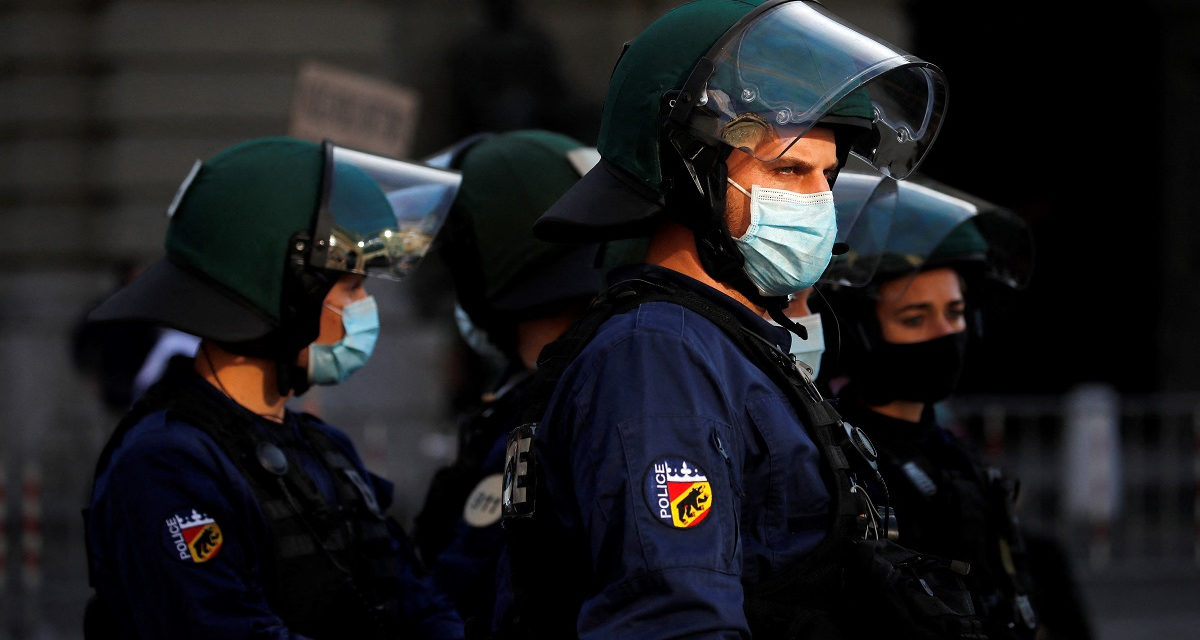After interesting, terrorist-suspicious developments have developed in our country, it is worth keeping a watchful eye on the legislative process taking place in Switzerland as well!
According to many, it contains worrisome twists from the point of view of the rule of law, but two-thirds of the Swiss may soon confirm the anti-terror law. The law would grant controversial extra powers to the police, but people are primarily concerned with their safety
A referendum in mid-June could strengthen the anti-terror law in Switzerland. The regulation is divisive both at home and abroad: according to its critics, even innocent citizens can drink the juice of its strict provisions, while those who welcome the law argue that the legislation will protect the Swiss against terrorism better than ever before.
Although the referendum was advocated by the opponents of the concept, while Reuters claims with reference to analysts, it seems that about two-thirds of the Swiss are in favor of the new regulation.
According to the Federal National Security Service's report last November, the authority is currently focusing on 49 persons classified as "risky" from a national security point of view, and in addition, they are monitoring 690 users who regularly visit jihadist websites.
The legislator adds that the goal is to prevent cases like the one that happened in the first half of the 2010s: a 15- and 16-year-old brother and sister traveled to Syria in 2014, and later both were accused of collaborating with the Islamic State.
The new law would grant additional powers to the police, which currently can only act against a citizen if that person has already committed a crime. Compared to this, the new proposal promises a radical change of perspective, with the fact that in the future, violent organizations can even act preventively against potential terrorists.
More specifically, the text of the law entitles the federal police (Fedpol) to take action against an individual over the age of 12, even if there is not enough evidence to initiate criminal proceedings.
Source and full article: mandiner.hu












